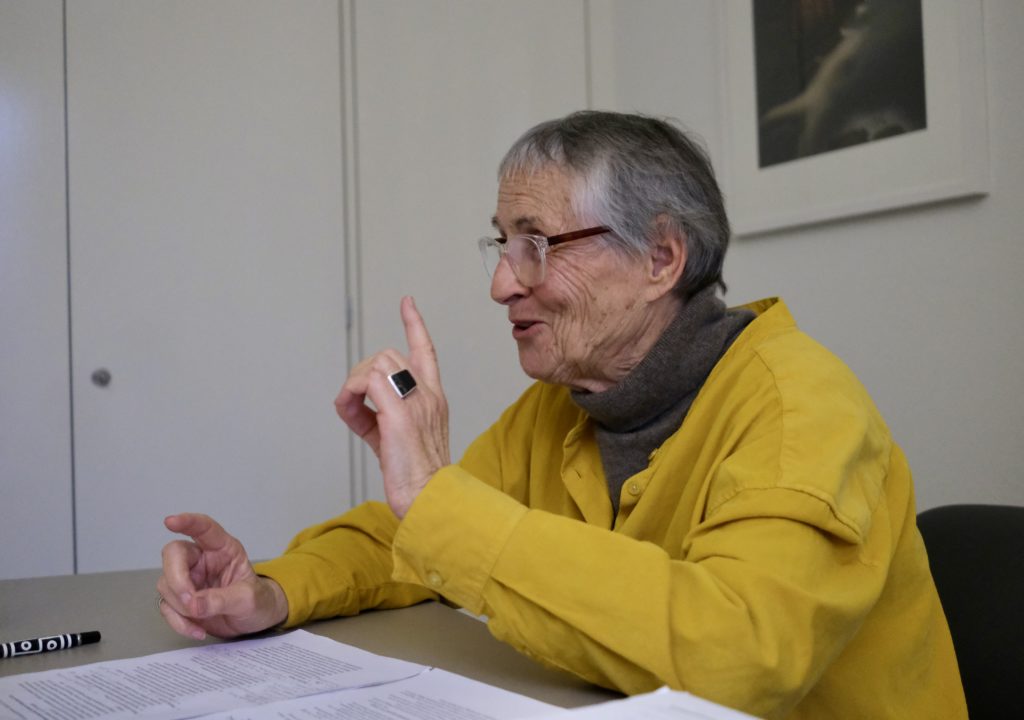“Do you have any advice for the younger generation?” “That they organise their lives as well as possible while respecting other people and the planet.”
Patricia Schulz was born in Geneva in 1949 and grew up in a bilingual French-English family. She graduated in law in 1972 and then worked in a Geneva law firm before spending some time with the International Labour Organisation (ILO) in Madagascar. She then spent 14 years as a lecturer in constitutional and public law at the Faculty of Law of the University of Geneva. She played a key role in the creation of the University of Geneva’s Equal Opportunities Commission, which she chaired. Despite opposition, her project to increase the number of women at the University of Geneva was eventually implemented at the cantonal level. This marked the beginning of her commitment to material equality to combat structural discrimination against women: first at the University of Geneva, then with her involvement in a federal popular initiative for a quota system in all federal authorities, and later at national and international level. This involved a wide range of measures such as action plans, strategies, targeted funding, training, media work and quotas.
From 1994 to 2010, she was director of the Federal Office for Gender Equality and from 2011 to 2018 she was a member of the UN CEDAW Committee. The UN Convention on the Elimination of All Forms of Discrimination against Women was ratified by Switzerland in 1997, but is still too little known and implemented in Switzerland and other countries.
She is convinced that formal equality is not enough. Today’s international understanding demands substantive equality. This requires structural measures, which are increasingly being accepted. Although initially controversial, quotas have gained worldwide acceptance because of their measurable impact on women’s participation in politics and the economy.
The CEDAW Committee contributes to the development of international human rights law, including the promotion of substantive gender equality.
Through her work on the UN CEDAW Committee, Patricia Schulz has also campaigned on issues such as sex work, abortion, violence, access to justice and the rights of sexual and other minorities.
Her experiences and insights provide valuable insights into the importance of social justice advocacy and the potential for change at the individual and structural levels.
For additional documents, please send an e-mail to: lst.fiocchi@ius.uzh.ch

